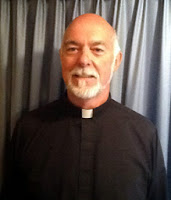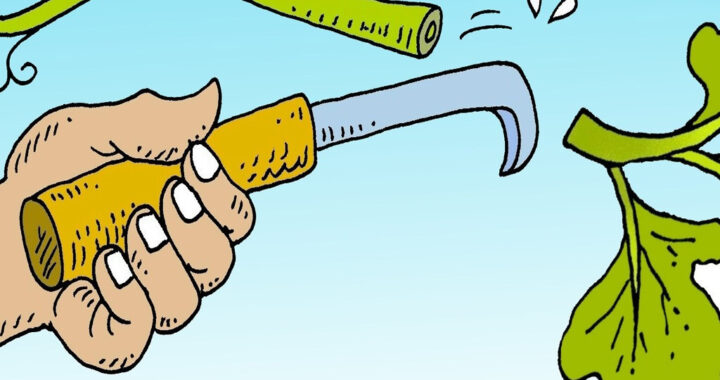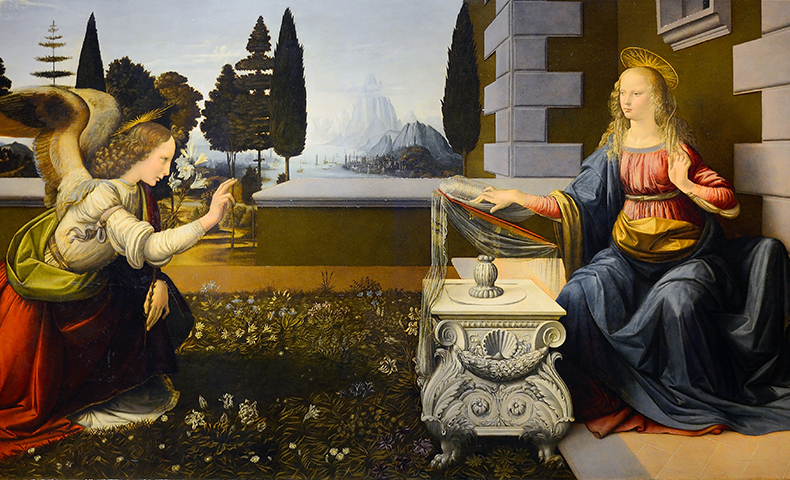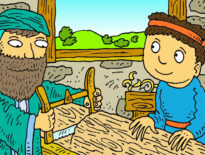
Father Perry D. Leiker, pastor.
“Looking Ahead” is a reflection of the Sunday readings, for the Third Sunday of Lent, by Father Perry.
By Father Perry D. Leiker, pastor | Looking Ahead
In these Masses, the Cycle A readings are proclaimed, and the scrutinies are celebrated.
The woman at the well discovers there is water to be had that comes from within and which will provide eternal life. Drinking from this water means we will never be thirsty.
The C Cycle readings link us back to the Exodus story with Moses atop the mountain looking upon and remarking about a remarkable vision —
“I must go over to look at this remarkable sight,
and see why the bush is not burned.”
There, at the bush, Moses experiences God who calls him and sends him to free his people whose cries for mercy and release from affliction have been heard. God’s response brings freedom of spirit and wholeness of life. God attends to the inner life of his people and every person.
It is surely why Jesus, in today’s Gospel, attends to fruitfulness and fertility. The fig tree (which is a special biblical sign of Israel and her faith) sits in ground that has been fertilized and cared for, and should become fruitful.
But barrenness results from Israel’s lack of acknowledgement of sinfulness and refusal to live faithfully.
This is no different for the Christian who is also called to acknowledgement of individual and corporate sinfulness, and a true spirit of repentance. This is what Lent is all about: confessing sinfulness. We all get our Moses chance each day to stand before our burning bush (God) who remarkably gives light and life and power and grace to us. We are given the chance to become resplendent and fruitful fig trees that produce much fruit because the ground in which we have been planted is fertilized, loved, graced, and tilled by our Father’s care.
Are we open? Are we willing? Will we respond? Do we desire it? Is life — God’s life — to be at the center of our own?
Quote of the week |
“No one was created to be a slave or a beggar.” — Dom Hélder Câmara (1909-1999).



